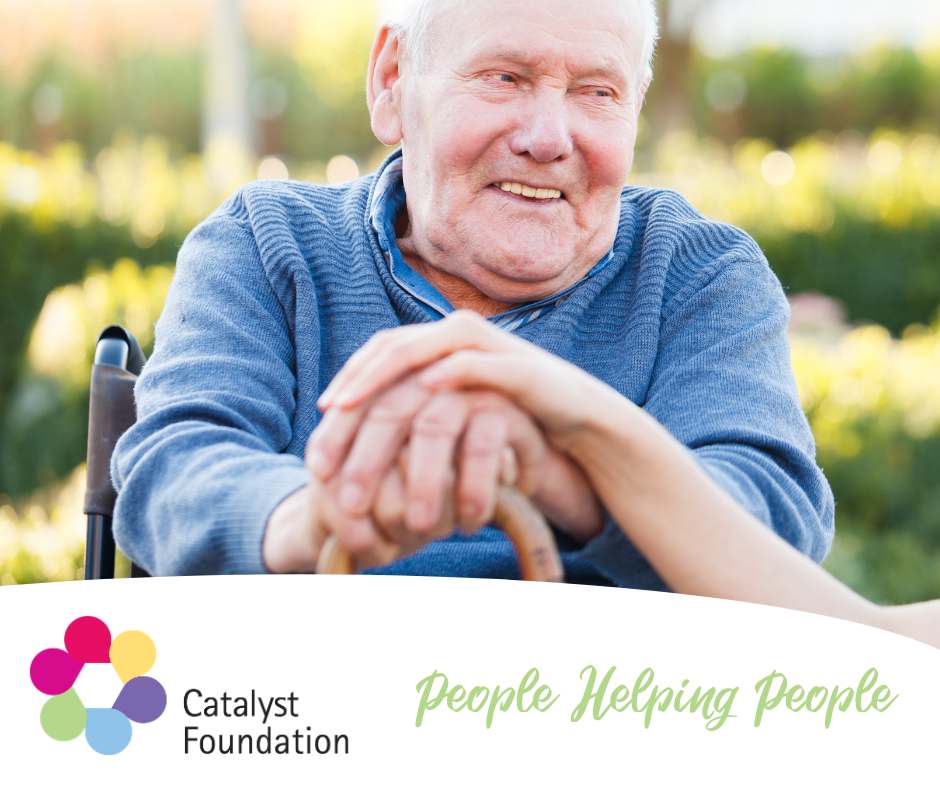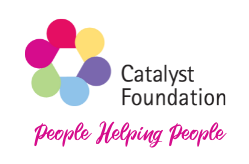Palliative Care

Palliative care is provided to people of all ages who are dying – from children to the elderly. The need for palliative care does not depend on any specific medical diagnosis, but on the person’s needs.
Palliative care services can be provided in the home, in nursing homes, palliative care units, and in hospitals. People who are dying need to be able to move freely between these places, in response to their medical care and support needs.
If you require any additional information or guidance with regards to palliative care, whether you are a patient, carer or family member, do not hesitate to contact Catalyst Foundation and we can discuss how we can help you.
Palliative care:
- regards dying as a normal process
- neither hastens nor postpones death
- provides relief from pain and other distressing symptoms
- offers support to help the family cope during the person’s illness, and in their own bereavement.
Families, as well as receiving support from the palliative care team, are themselves critical members of the team. In particular, where a person is cared for at home, the family usually provides a large proportion of the hands-on care.
Palliative Care South Australia
PCA (SA) is the umbrella body for regional hospice and palliative care organisations. The website provides information about palliative care for consumers and professionals, including other languages. There are also links to palliative care and other relevant services in South Australia.
CareSearch
Funded by the Australian Government’s Department of Health, Disability and Ageing, the CareSearch website contains a wealth of information for patients, carers, families and health professionals.
Palliative Care Australia
Palliative Care Australia is the national peak body established by the membership of eight state and territory palliative care organisations to address national palliative care issues, represent the area to the Federal Government and national media.
ELDAC Home Care App
The Home Care App has been designed to help home care workers to provide end of life and palliative care to their clients, whilst supporting their families and carers as their care needs change over time.
The Technology and Innovation team at Flinders University have worked together with the home care sector to design and build this app, which has been reviewed and released into the Google and Apple App Stores for free download.
The Home Care App has six sections, each providing evidence-based information and practical tips on how to confidently care for you client as their health declines and their care needs change.
Sections include:
- Plans for end of life
- What should I say?
- As things change
- When someone is dying
- Supporting families and carers with their grief
- Looking after yourself
Other features include a customisable learning plan, interactive self-care activity scheduler, and lots of resources you can show and share with your clients, their families, and carers.
Further information on ELDAC (End of Life Directions for Aged Care) is available at https://www.eldac.com.au/
Related end-of-life resources
Fact sheet Advance Care Directive and Enduring Power of Attorney
Wills (Legal Services Commission publication)
End of life planning checklist & worksheet (Legal Services Commission publication)
Estates and Probate – check the Law Handbook and the Courts Administration of SA website
Quick-reference list People and organisations to be notified after someone has died
